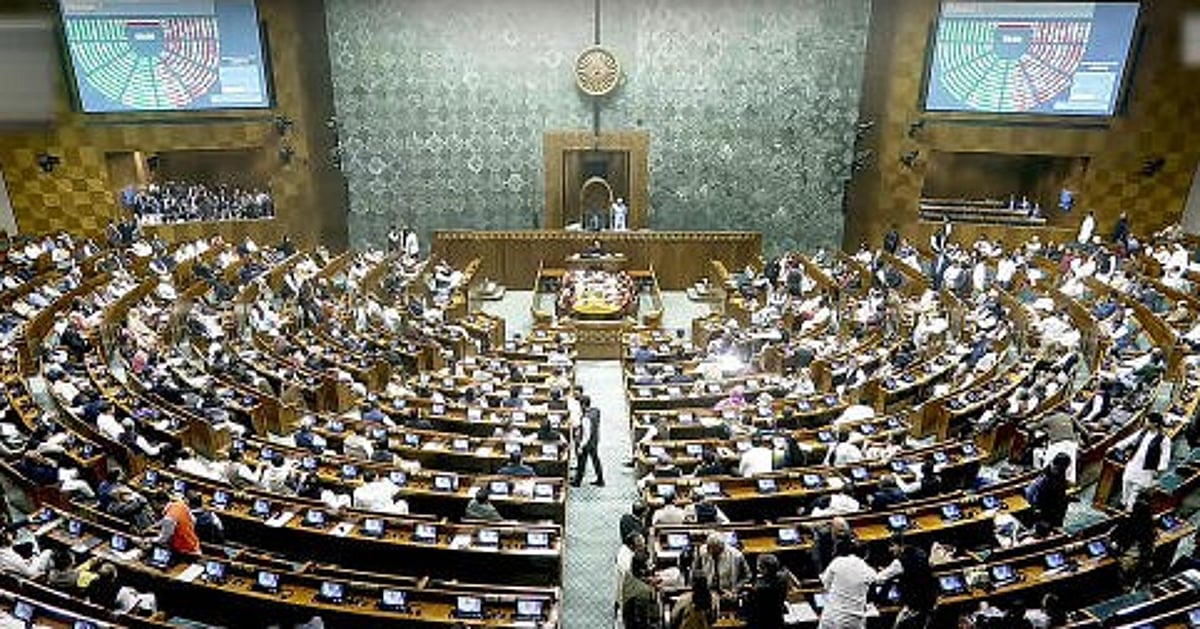India to Examine Bills for Simultaneous National, State Elections

The Indian government is set to move a motion in the Lok Sabha to form a Joint Parliamentary Committee (JPC) to examine two bills aimed at introducing simultaneous national and state elections, a move that could significantly alter the country's electoral landscape. The proposed bills have sparked opposition from several political parties, citing concerns about the implications for regional parties and the democratic system.
In a move that has raised eyebrows across the nation, the central government has proposed to introduce the concept of "1 Nation, 1 Poll," which would see national and state elections conducted simultaneously. The JPC, comprising 21 lawmakers from the Lower House and 10 members from the Rajya Sabha, is expected to submit its report by the first day of the last week of the 2025 Budget session. The committee's formation has sparked hope among those supporting the concept, including several prominent leaders such as Anurag Thakur, Sambit Patra, Supriya Sule, Shrikant Eknath Shinde, Manish Tewari, and Kalyan Banerjee. These leaders, along with Priyanka Gandhi Vadra, are to examine the constitutionally mandated laws that will have to be amended to implement the "1 Nation, 1 Poll" concept.
As India prepares for a significant shift in its electoral dynamics, many regional parties are concerned that the concept will dilute their ability to articulate their concerns and require substantial resources to contest elections. The bill seeks to allow for the alignment of elections from 2029, with the first simultaneous polls slated for 2034. Meanwhile, the government maintains that the proposed bills will bring stability and efficiency to the country's democratic process. The Joint Parliamentary Committee's findings are eagerly awaited, as they will provide insight into the feasibility and implications of simultaneous elections on India's complex political landscape.
As the debate around simultaneous elections continues, the Indian public will be watching closely the deliberations of the Joint Parliamentary Committee, knowing that the outcome will have far-reaching consequences for India's democratic system and the future of its regional parties.